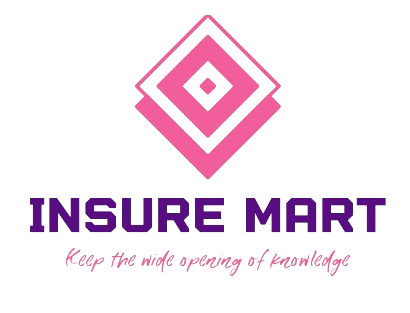Access Assurance is a critical component in safeguarding sensitive information and securing organizational assets. In an era where cyber threats are ever-evolving and sophisticated, precision access control systems play a pivotal role in elevating security measures to counteract potential risks. These systems go beyond traditional methods, offering a nuanced and dynamic approach to access management. At the core of Access Assurance is the concept of precision, ensuring that access rights are granted with meticulous consideration to user roles, responsibilities, and the principle of least privilege. This approach minimizes the attack surface, reducing the likelihood of unauthorized access and potential breaches. Precision access control systems operate on the principle that not all users require the same level of access to data and resources. By finely tuning access permissions, organizations can thwart insider threats and external malicious actors aiming to exploit vulnerabilities.
One of the key features of Access Assurance is its adaptability to the ever-changing landscape of cybersecurity threats. Traditional access control systems may rely on static rules, but precision systems are designed to dynamically adjust access privileges based on contextual factors. This adaptability ensures that access permissions are responsive to changes in user roles, job functions, or even emerging security threats. For example, if an employee changes departments or takes on new responsibilities, the system can automatically adjust access rights accordingly, preventing unnecessary exposure to sensitive information. Moreover, south texas security Access Assurance extends beyond the confines of traditional network boundaries. With the increasing prevalence of remote work and cloud-based services, the need for a comprehensive and versatile access control system is more crucial than ever. Precision access control systems seamlessly integrate with cloud platforms and support secure remote access, maintaining a consistent and robust security posture regardless of the user’s location. This is especially pertinent in today’s dynamic work environments, where employees may access company resources from various devices and locations.
In addition to safeguarding against unauthorized access, Access Assurance contributes significantly to regulatory compliance. Many industries are subject to strict data protection regulations, and precision access control systems provide the necessary tools to enforce compliance. By meticulously managing access permissions and maintaining a detailed audit trail, organizations can demonstrate accountability and adherence to regulatory requirements. This not only mitigates legal risks but also fosters trust among customers and stakeholders. In conclusion, Access Assurance with precision access control systems represents a proactive and adaptive approach to cybersecurity. By prioritizing precision in access management, organizations can fortify their defenses against a myriad of threats, including insider risks and external attacks. The dynamic nature of these systems ensures that security measures evolve alongside organizational changes and emerging cyber threats. As the digital landscape continues to evolve, investing in Access Assurance becomes not just a necessity but a strategic imperative for any forward-thinking organization committed to securing its valuable assets and maintaining trust in an interconnected world.
